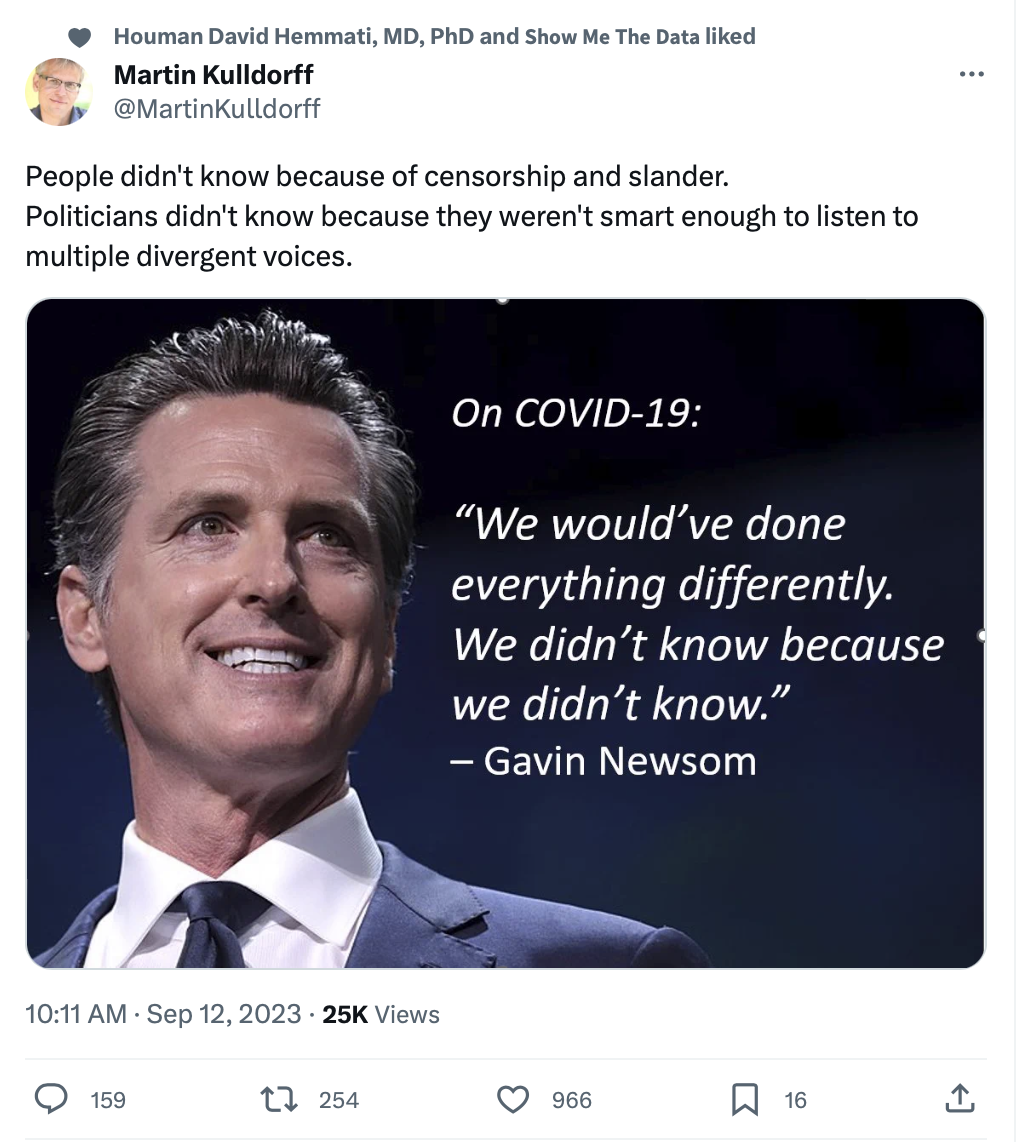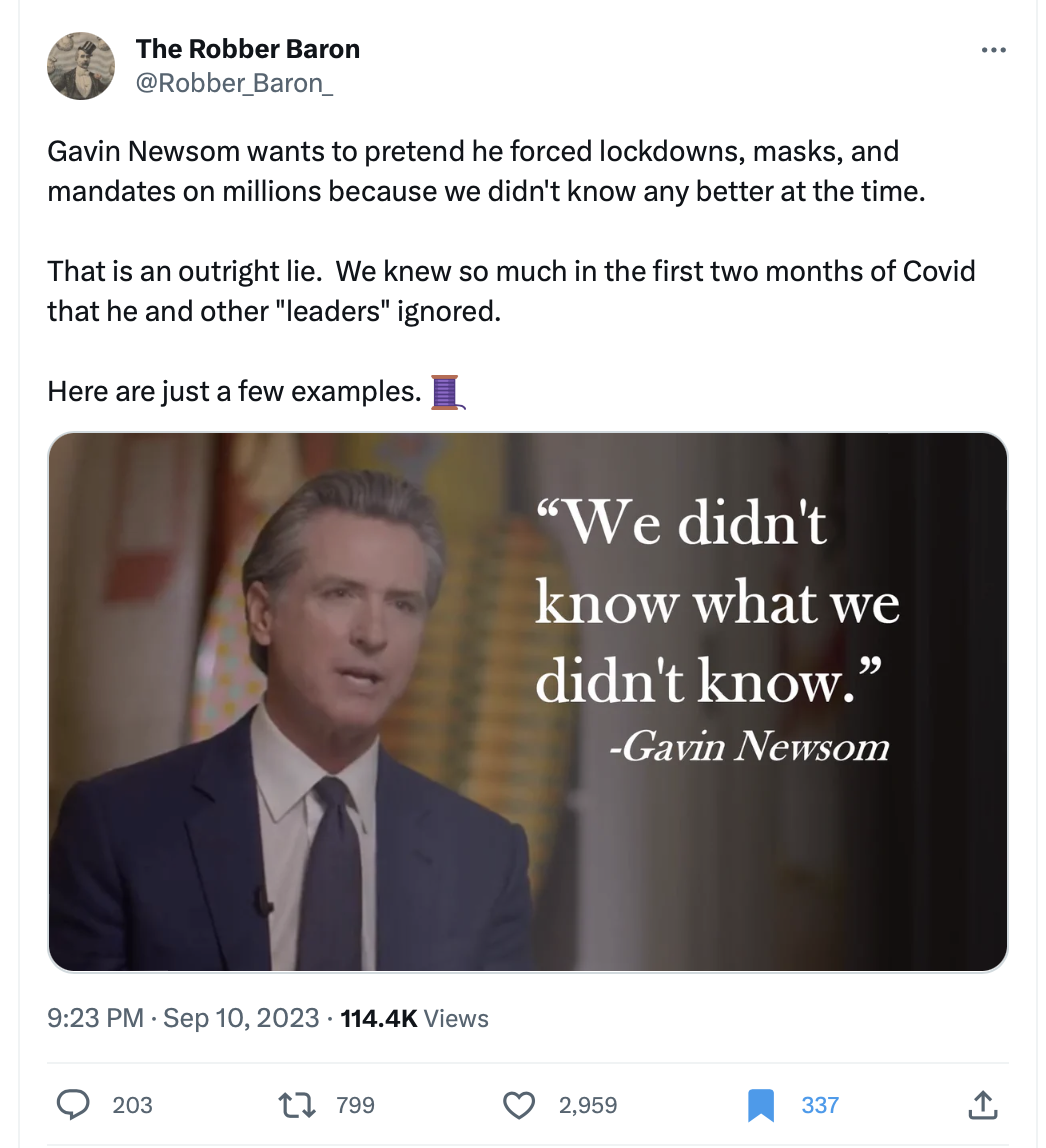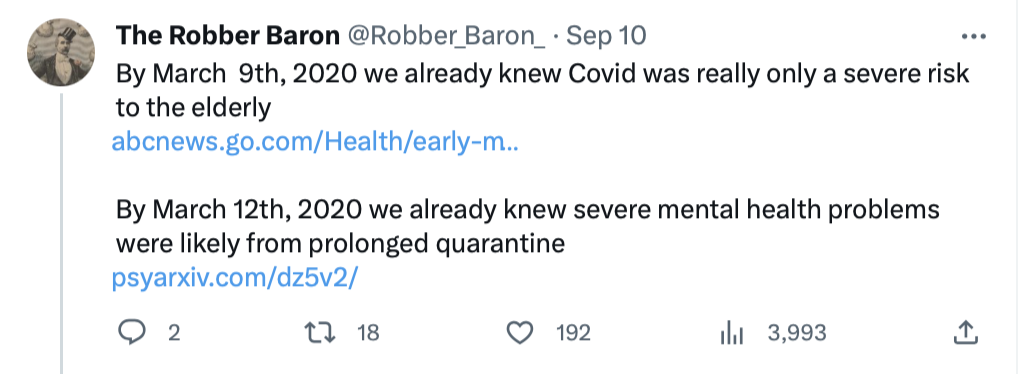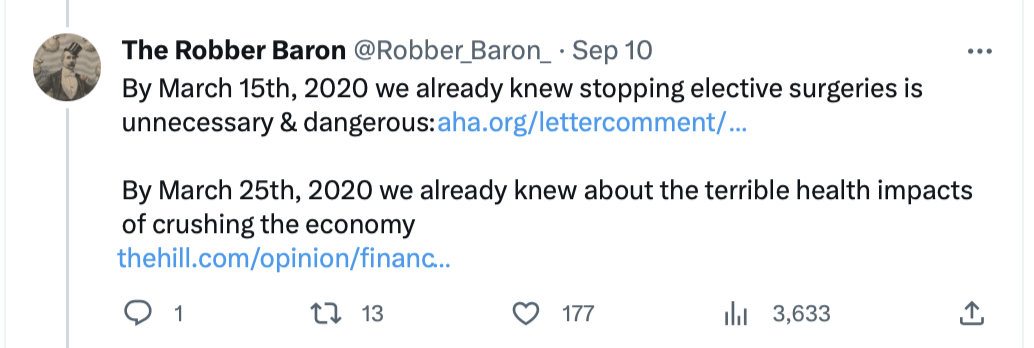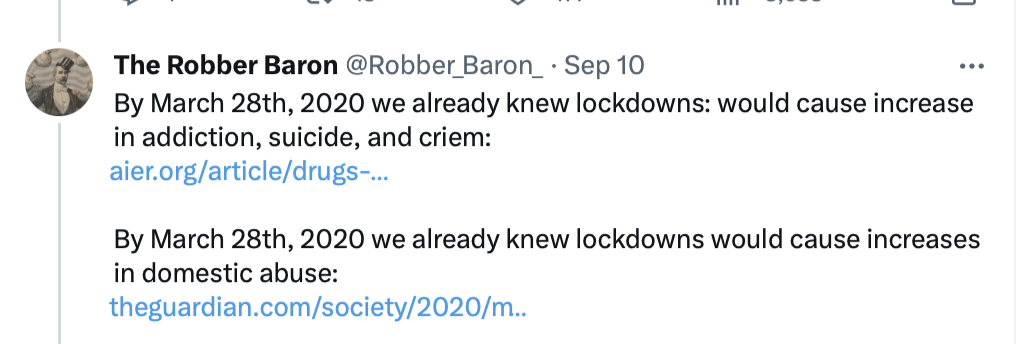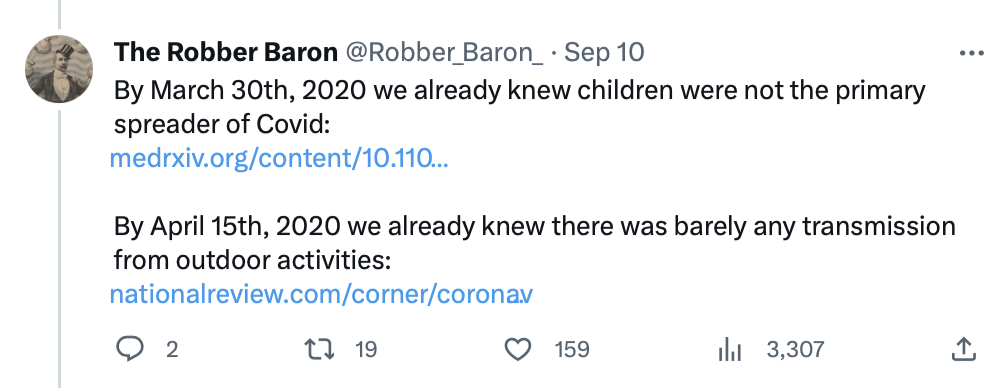The Modern ACLU Version of Free Speech
At The National Review, Matthew Wilson described the "free speech" talk given by Anthony Romero, executive director of the American Civil Liberties Union (ACLU). Apparently, Romero thinks that free speech is for the purpose of achieving particular political results and not others. Here's an excerpt from Wilson's article:
Today’s enemies of free speech and civil liberties, Romero told Princeton freshmen, are those who deny the “right to gender-affirming health care,” those “attacking critical race theory,” and proponents of Florida’s so-called Don’t Say Gay law. According to Romero, these are the real “freedom-of-expression issues” of our day — the work of right-wing villains who want our society to “go back to the medieval period.”
At various points during the event, Romero derided former president Bill Clinton as a “homophobe” for signing the Defense of Marriage Act into law, announced that “a major way” he “got into Princeton” was affirmative action, and proclaimed that the ACLU was “intersectional before we knew the word ‘intersectional.’” He also bragged — to cheers and applause from students — about the ACLU’s record, under his leadership, of “suing the Trump administration 434 times.” When Eisgruber asked him about his position on “cancel culture,” Romero declined to offer an unqualified repudiation, instead telling students that there is “an element of the response of cancel culture” that is “positive” because “we shouldn’t put up with,” among other things, oppressive structures of “heteronormativity” and “the patriarchy that’s just bludgeoning people’s gender identities.”


